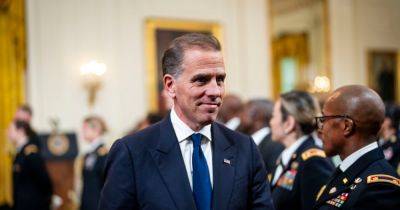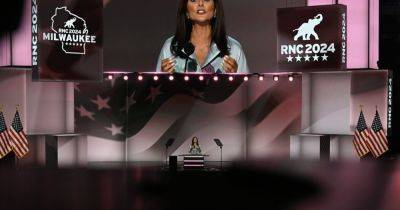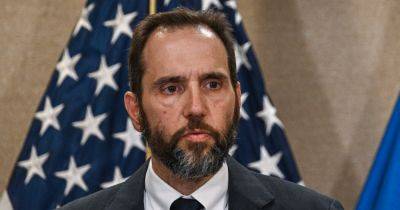Conservative Legal Movement’s Agenda Unites Court’s Rulings on Executive Power
The Supreme Court seemed to take two views of executive power this term, saying presidents should have immunity to free them from constraints while also scaling back the ability of the executive branch to impose regulations.
But both have been the targets of the conservative legal movement, which sees no contradiction.
In a victory for former President Donald J. Trump that will reverberate long after he is gone, the court’s conservative supermajority bestowed immunity from prosecution upon presidents who use their office to commit crimes.
The same justices issued a series of rulings that will make it harder for administrative agencies to impose rules that can cut into the profits of business interests. Those include regulations aimed at ensuring that the air and water are clean, that food, drugs, cars and consumer products are safe, and that financial firms do not defraud people.
In the eyes of the conservative legal movement, presidential power is good while that of regulatory agencies — even though they are housed in the executive branch — is bad.
Indeed, the movement, and the wealthy donors who funded its rise, has sought to expand presidential power in part so that when Republicans win the White House, they would be better able to restrain and roll back the administrative state.
The conflict traces back to the Great Depression and the New Deal, when it became clear that the economy, after the Industrial Revolution, technological change and banking crises, had grown too complex for Congress to capably regulate through statutes alone.







